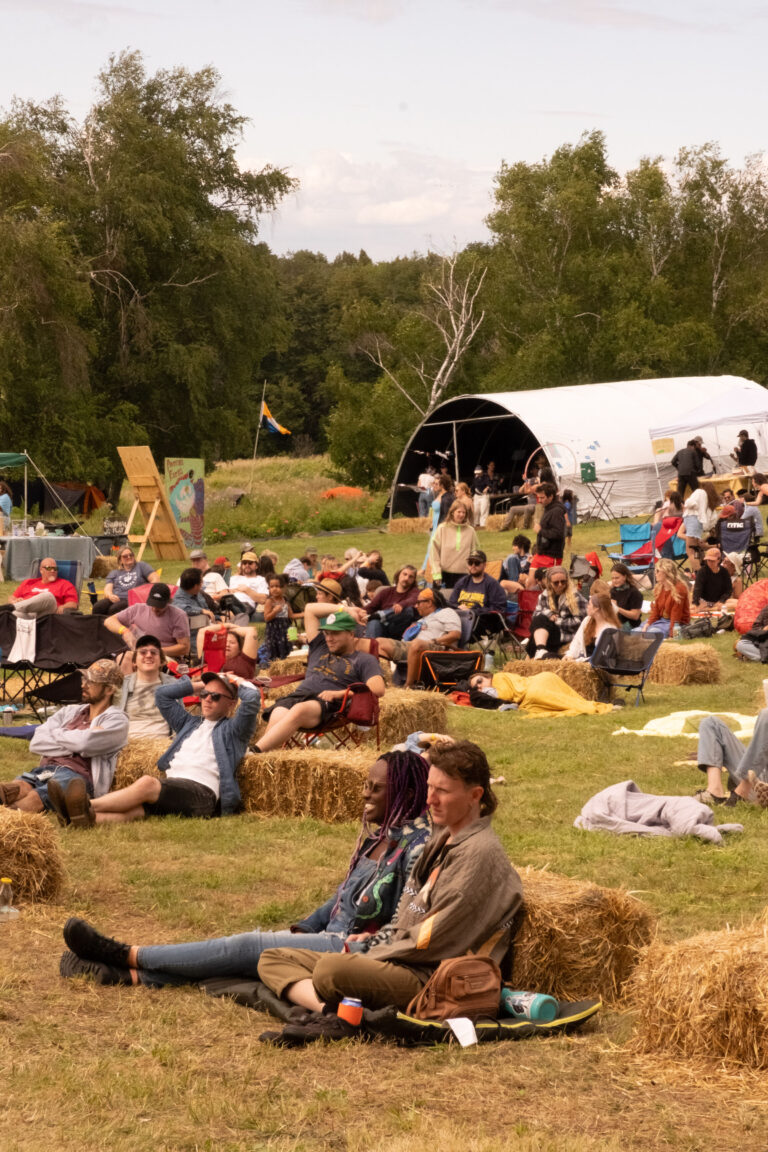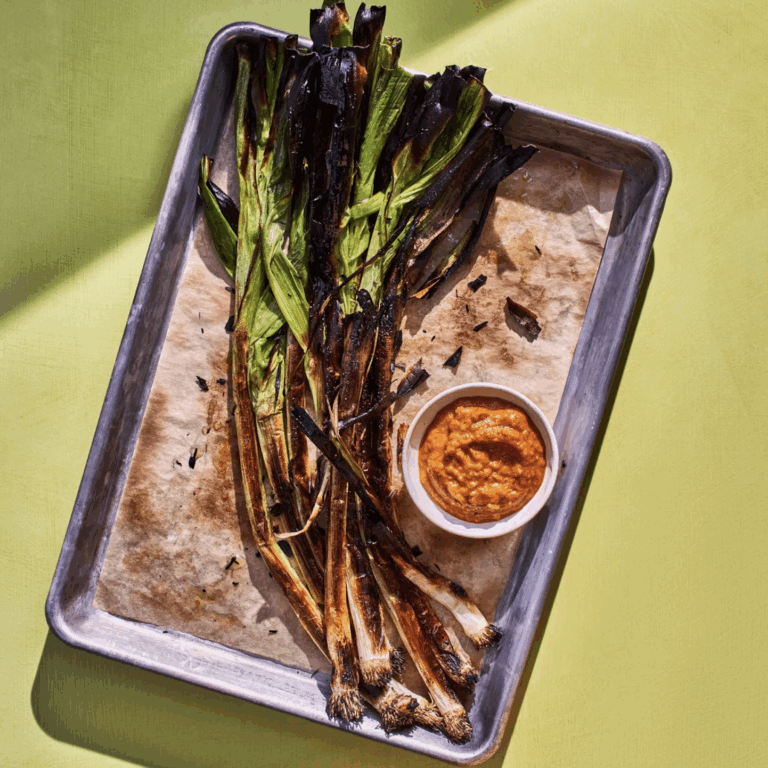
Our Way, Our Culture, Our Style
Kikwetu Coffee has been caffeinating the Green City Market since 2020. On early market mornings, before the hordes of Chicagoans on the hunt for their next fix of the summer harvest arrive, cups of Kikwetu coffee fuel the vendors as they stack beautiful mounds of produce on tables. From the moment the market opens, the coffee line ebbs and flows with patrons searching for a delicious Kenyan coffee and Kikwetu’s famous mandazi alike.
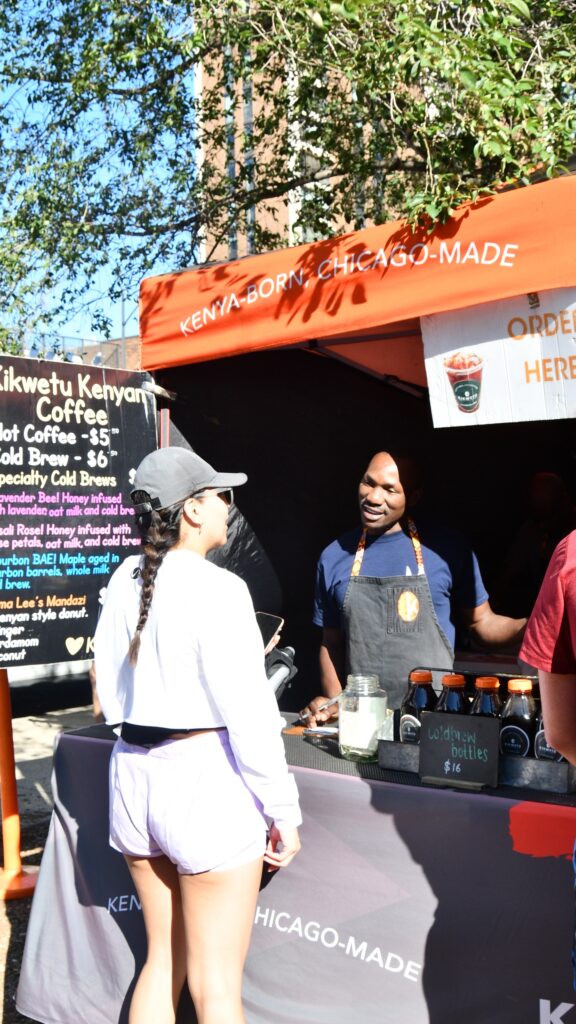
Founder Martha Itulya-Omollo wanted to bring Kenyan coffee to Chicago, where she noticed that it was under-appreciated and under-lauded. After starting Kikwetu in 2015 with both her father and her husband as business partners, they began sourcing coffee beans from farmers they knew in Kenya to import to the United States. “Kenyan coffee is considered some of the highest quality coffee in the world because of how it’s grown and the climate and the volcanic soil,” said Itulya-Omollo. After receiving the green coffee beans from Kenya, the Kikwetu team partners with a local roaster in Chicago who uses Kikwetu’s recipe — roasting the beans to perfection.
Kikwetu first started at Green City Market by selling beans and have since expanded to a variety of coffees and speciality cold brews made with local ingredients. Also on the menu? Mandazi, which are fried dough squares flavored with ginger and cardamom.
“It’s actually my mother-in-law’s recipe,” said Itulya-Omollo. “Everyone in Kenya has their version of this.” When Kikwetu first started selling these treats, they had to explain them to patrons by comparing them to beignets or donuts. Now, she said, patrons ask for them by name. “That makes me excited, because again, it’s part of sharing our culture with others and creating that community,” said Itulya-Omollo.
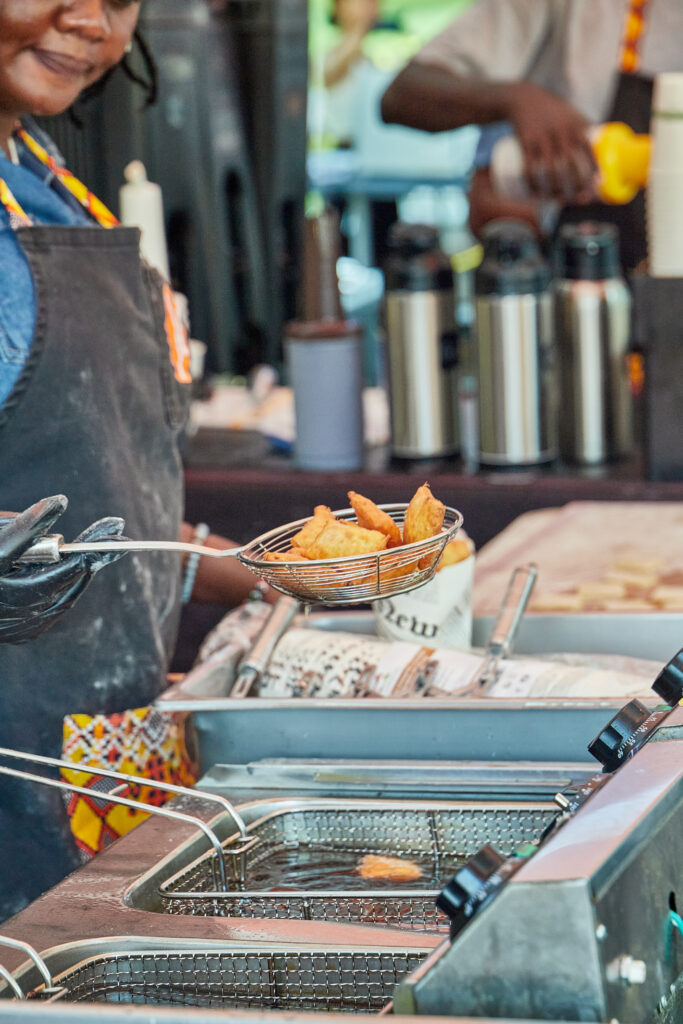
“’Kikwetu’ is a Swahili word for our way, our culture, our style,” said Itulya-Omollo. “It encompasses who we are as a people. It’s bringing who we are, our culture, our way, our style, to what we do and sharing that with people. For us, it’s important. We were born and raised in Kenya, but we are making our lives here in Chicago.”
Itulya-Omollo explains that serving high quality Kenyan coffee beans that are custom-roasted here in Chicago is a way to honor family traditions while celebrating the future: “It just helps us feel a little bit more at home while we build a new life in a new place. We’re still connected to home and to where we’re from,” she said.
At its roots, Kikwetu is about building a bridge: between Chicago and Itulya-Omollo’s native Kenya; between Kikwetu staff and Kikwetu patrons; and between the customers enjoying their coffee at Kikwetu’s mobile coffeehouse. These seating areas, marked with orange folding chairs, are key to Itulya-Omollo’s mission of building a larger community around coffee.
Community is so important to their business model that Itulya-Omollo believes it’s essential to bring their mobile coffeehouse with them to markets. “That part is key to being able to make a human connection, to be able to really, truly engage with people. You have to slow down enough and sit with them,” said Itulya-Omollo.
Looking ahead, Itulya-Omollo aims to gather community feedback to help imagine what a Kikwetu brick and mortar coffeehouse might look like, but for now, serving dedicated patrons at farmers’ markets remains their focus.
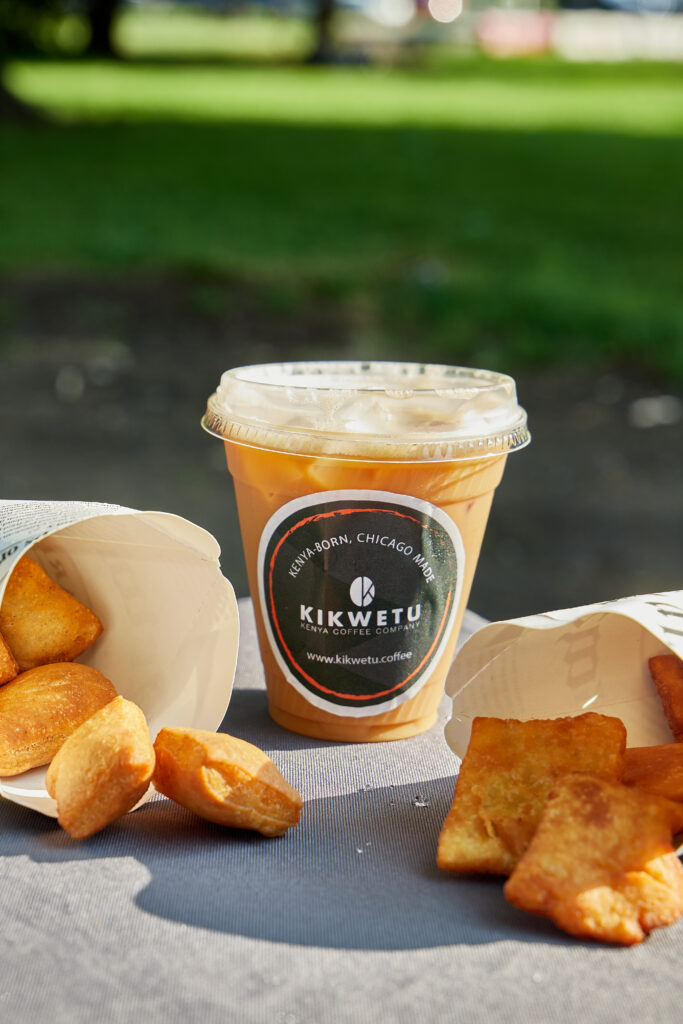
To join Kikwetu’s coffee community, you can find them at a variety of pop-up locations curated on their website: kikwetu.coffee

